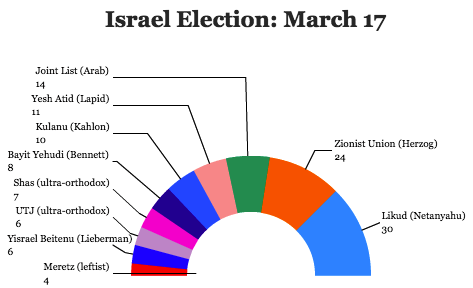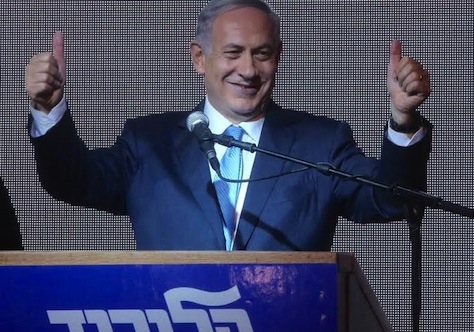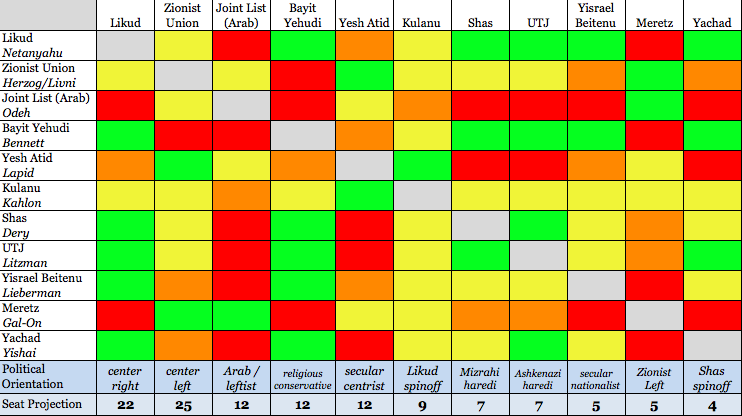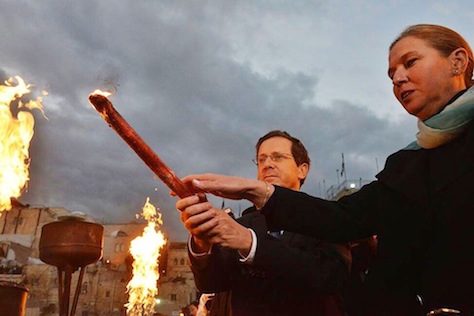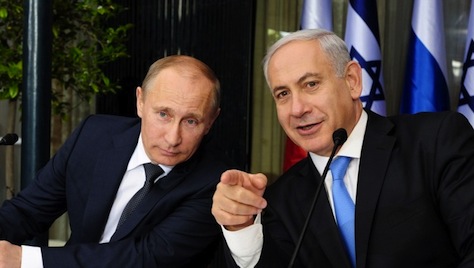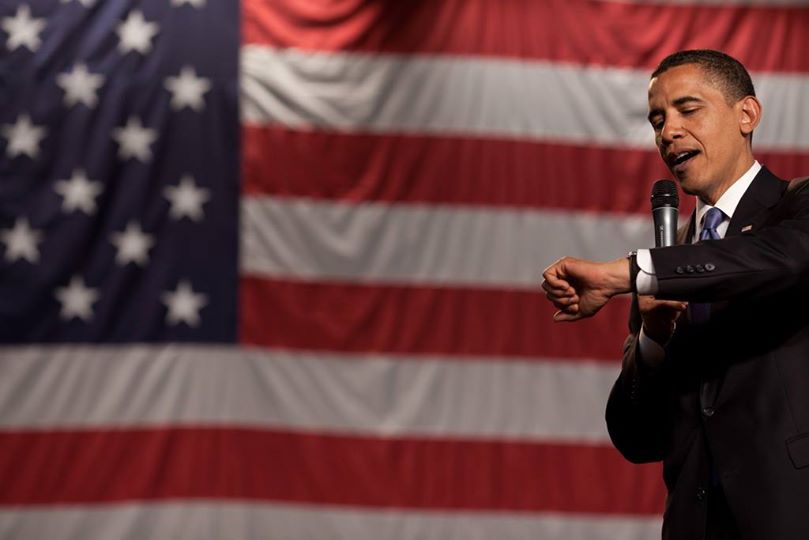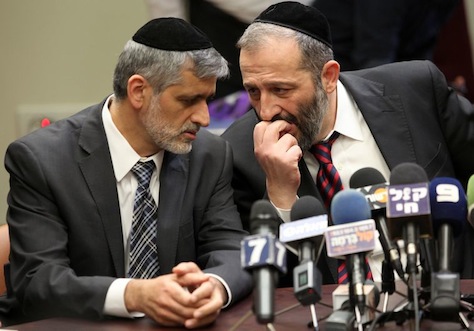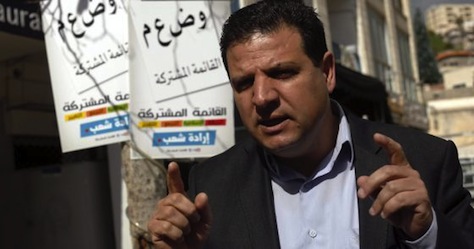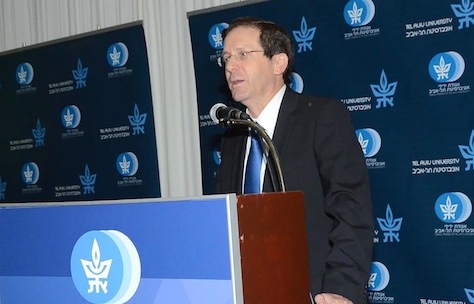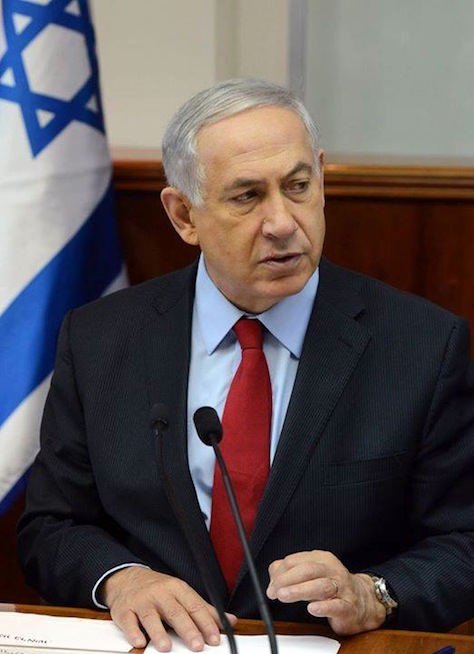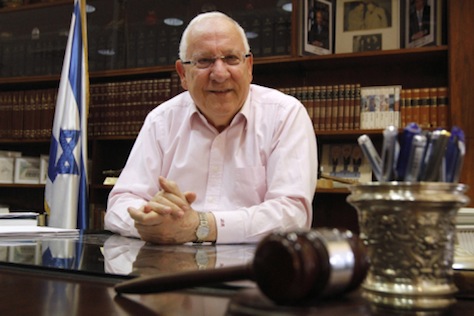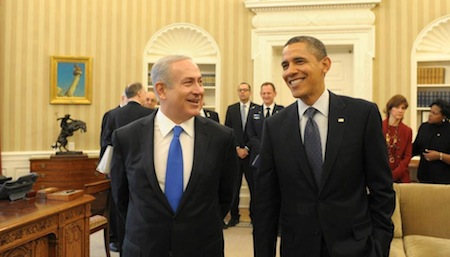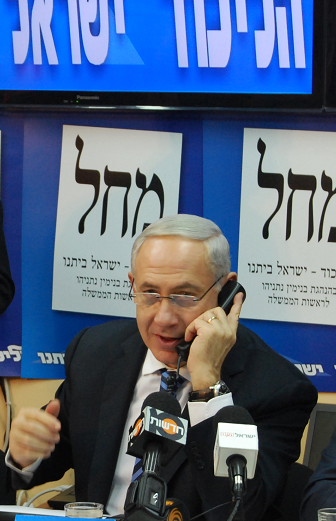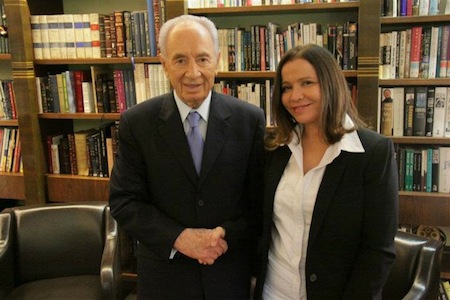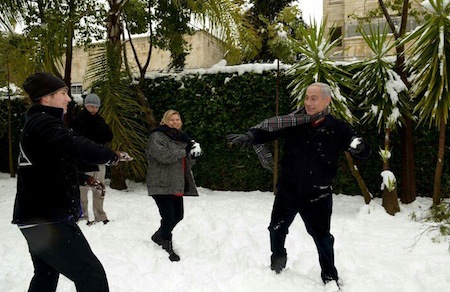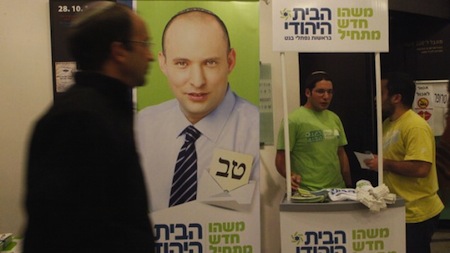
It’s virtually certain that Benjamin Netanyahu will remain Israeli prime minister after the January 22 elections.

But what remains unknown is whether he’ll pivot to the center or to the right in order to build the coalition he’ll need to command an absolute majority of Israel’s parliament, the Knesset (הכנסת).
One of the most important factors — if not the key factor — that will determine the composition of Netanyahu’s coalition is the state of the personal relationship between just two men — Netanyahu and his former chief of staff, Naftali Bennett, who as the rising star and leader of the stridently conservative Bayit Yehudi (הבית היהודי, ‘The Jewish Home’), is expected to win between 12 and 16 seats after Tuesday’s elections, according to polls.
The rise of Bayit Yehudi, a religious Zionist party that’s even more pro-settlement than Netanyahu and which opposes the two-state solution and, has been the most dominant storyline of the 2013 elections, with Bennett heralded as a rising star of Israeli politics and, in particular, the rise of religious Zionism.
At the outset of the election campaign, Netanyahu merged his Likud party (הַלִּכּוּד, ‘The Consolidation’) with the secular nationalist Yisrael Beiteinu (ישראל ביתנו, ‘Israel is Our Home’), led by former foreign minister Avigdor Lieberman. But Lieberman’s resignation, stemming from an indictment on breach of public trust charges, has led to a more subdued campaign, and Netanyahu has watched as polls show the combined ‘Likud-Beiteinu’ coalition fall from its current 42 seats in the Knesset, Israeli’s unicameral parliament, to somewhere between 32 and 34.
Enter Bayut Yehudi, to Likud’s right — polls show that Lieberman’s troubles and Likud Beiteinu’s losses have all been to the benefit of Bayit Yehudi.
Although Bayit Yehudi, with its three seats in the outgoing Knesset, is a member of Netanyahu’s current coalition, Bennett has a complicated relationship with Netanyahu, to say the least. Both Netanyahu’s camp and Bennett’s camp agree that Bennett left as Netanyahu’s chief of staff on less than optimal terms.
Throughout the campaign, Netanyahu has reserved his harshest criticism for Bennett — in comparison, he’s been relatively tame in going after other party leaders, including Tzipi Livni and Yair Lapid, who he may turn to as potential coalition partners.
Haaretz details the Netanyahu-Bennett relationship in a story this weekend (read it all), noting not only the tension between Bennett and longtime Likud advisers, but also between Bennett and the prime minister’s wife, Sara. The article highlights the disappointment that Netanyahu felt over Bennett’s performance as chief of staff:
Bennett left after a lengthy period of tension with the boss. At least four sources who worked with Netanyahu at the time noted that he was not satisfied with Bennett’s performance, and felt that he “was not delivering the goods.”
Netanyahu’s confidants maintain that it was Bennett who put out the story that he left because of his poor relations with Sara Netanyahu. According to these sources, “Sara didn’t like him, but she didn’t fire him. That was an excuse that was invented in retrospect.” They add that after leaving the bureau Bennett was behind various leaks against Netanyahu, but that nowadays he tells everyone that relations between them were excellent.
Has Netanyahu already decided there’s no room for Bennett in his government? Has he decided that it’s safer politically to keep Bennett in check inside government rather than allow him to remain in opposition? No one knows the answer to that, and we won’t until we see the ultimate composition of Netanyahu’s next coalition.
On the one hand, the MKs likely to be elected under the Likud-Beiteinu ticket are even more right-wing than its current caucus, so there’s a logical natural affinity for a coalition between them and Bayit Yehudi. Bennett has openly stated that he hopes and intends that Bayit Yehudi will be part of any center-right coalition. He’s shrewdly argued that a vote for Bayit Yehudi is really also a vote for a Likud-led center-right government: vote for us, and we’ll make sure we keep Netanyahu’s government firmly on the right path.
His pitch, according to polls, has attracted even secular voters, who are attracted to his firm stance against a two-state solution — Netanyahu in June 2009 came out tentatively in support of the two-state solution for the first time in his career.
But if Netanyahu returns to government with the support of an even more conservative coalition, it’s likely to make already-tense relationships with the international community, including U.S. president Barack Obama, even more difficult. The last thing Netanyahu wants over the next four years is further estrangement from his global allies at a time when he’ll need as much U.S., European and international goodwill as he can get on any number of issues, from the rise of Islamist rule in Egypt to Palestinian negotiations to dealing with Iran’s nuclear weapons program.
Beyond those considerations, of course, are the very intimate personal dynamics between Netanyahu and Bennett, and those dynamics remain uncertain.
What’s certain is the tenacity of the Likud attacks on Bayit Yehudi — earlier this week, Likud attacked Bennett for misleading advertisements (shown below), and Israel’s Central Elections Committee agreed, ruling that Bayit Yehudi must remove them. The ads show Bennett and Netanyahu together, shrewdly linking the notion that a vote for Bayit Yehudi is a vote for a broad Zionist right-wing coalition led by Netanyahu.

Likud’s leadership was none too pleased, and the bad feeling Bennett has engendered may inhibit the role Bayit Yehudi could play in any future government. Continue reading The Netanyahu-Bennett relationship will define the next Israeli government →
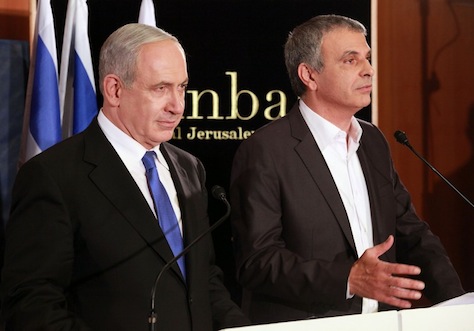 Photo credit to Marc Israel Sellem / Jerusalem Post.
Photo credit to Marc Israel Sellem / Jerusalem Post.![]()
